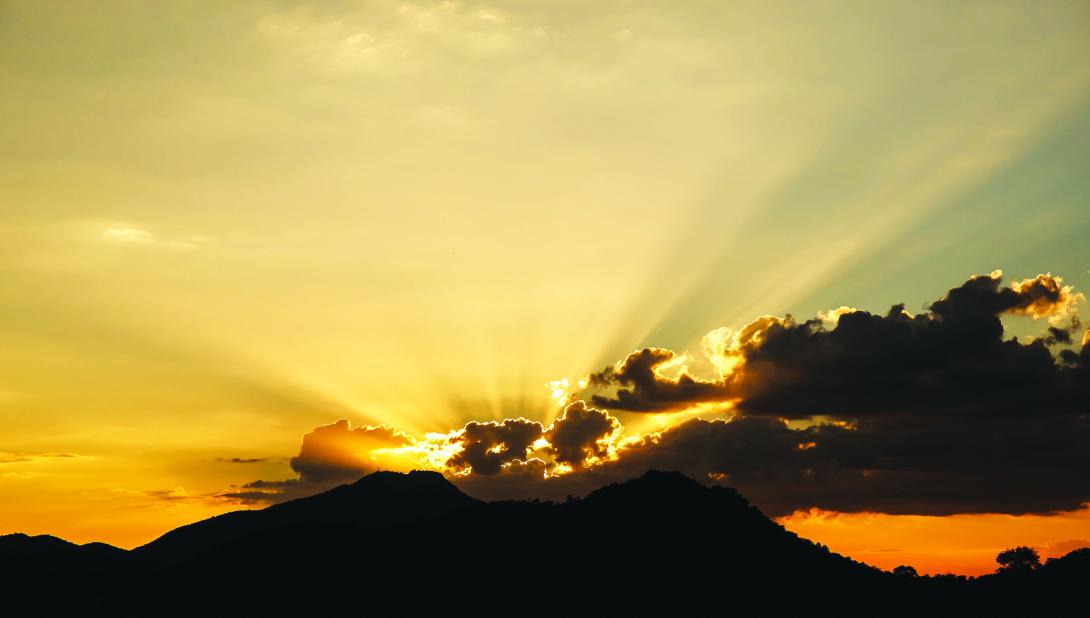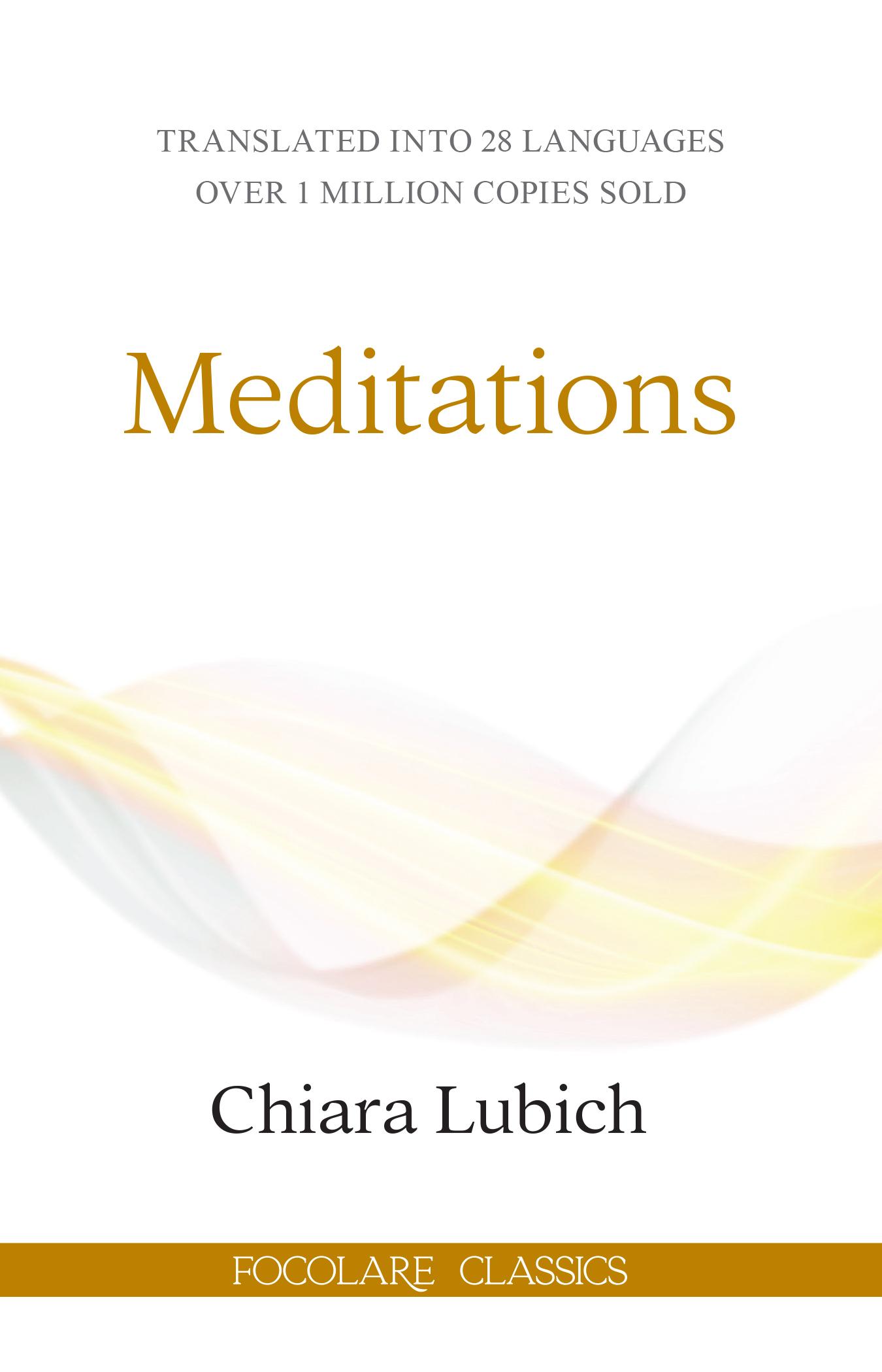An introduction to the mystical experience of Focolare founder Chiara Lubich during the summer of 1949

© CHATCHAWIN JAMPAPHA / 123RF.COM
“All these pages I have written are worth nothing if the soul who reads them does not have love, is not in God. They have value if it is God who reads them in that soul.”
Chiara Lubich wrote those words on July 25, 1949, and they are key to interpreting a lengthy text in which she narrates her illuminating experience, which had begun about 10 days earlier and continued for about two years. It is one of her many still unpublished writings.
Recently, the Chiara Lubich Center and Città Nuova Media Group in Italy have started publishing these works, which also include diaries, talks and letters. Among these is a series of writings, from 1949 to 1951, which Chiara herself had put in order, and to which she gave the title Paradise ’49.
Some pages of these writings, which have appeared before in various collections, beginning with her first published work, Meditations, are already known, such as “I have only one spouse on earth,” “The Resurrection of Rome” and “Look at all the flowers.”
These texts in themselves are enough to justify the affirmation that they are valid if the reader has an attitude of love, if the reader is in God. It is a basic law to understand any work: try to place yourself at its same level. To understand Paradise ’49 adequately, it is crucial to share her experience and almost accompany Chiara Lubich as she enters that paradise that is witnessed in the book.
Personally my first impression on reading this book was aesthetic in nature: the language used was beautiful and modern, simple and evocative, without unnecessary words. Even in its form, Paradise ’49 allows us to grasp that God is beauty, and thus heaven is beautiful too.
The text, however, is not an easy read, owing to the density of its content as well as the multiple literary genres it employs: letters, intimate writings as in a spiritual diary, notes in preparation for a talk, newspaper articles, commentaries on the “Word of Life,” autobiographical or analytical entries, and even a fable.
Nevertheless, the experience proceeds as if on a golden thread. The author, in successive enlightening phases and ensuing experiences, discerns a divine pedagogy.
A revealing of mysteries, easy and light like paradise, logical and progressively unfolding like life.
The work does not follow a pre-established plan; rather, it was guided by events as they happened, sometimes in an unexpected way. God lets one of his created beings partake of his own mystery, almost contemplation, an understanding and a new implementation of the great salvation history, of which Jesus Christ is the climax and conclusion.
Reading Paradise ’49, I get the feeling I have when an airplane takes off. At first, the surrounding scenery moves fast and we observe the control tower, the runways, the city buildings, the mountains. As the airplane moves higher, however, the scenery blurs. Once a high altitude is reached, it feels as if the airplane is stationary, and below everything seems to move slowly. Yet the airplane is in fact moving much faster than during take-off.
Similarly, this is the journey described in the book: at first, the succession of numerous and continually new passages are quite easily understood. Reading the first paragraphs (1–48, 384–403), which were published in the book Il Patto del’49 nell’esperienza di Chiara Lubich (Città Nuova), one is immediately taken by the rare natural beauty offered by the Dolomite mountains in the Trent region of Northern Italy. This serves as the background to this great experience, a good example of which is the spectacular sunset on July 17, 1949, the second day of Chiara’s “journey.”
That sunset made them recall the manifestation of the Word, which took place during meditation in the church of Tonadico at 6pm. “I remember, a little later, looking from a hill as the rays of the sun, which had just set behind a mountain before us, were shooting up toward the sky.
I said to my companions, ‘That is the Word: the beauty, the splendor of the Father.’”
As the days and months in Chiara’s narrative passed, the flight went ever higher, probing the realities of God, creation and history from a particular perspective: that of Oneness, of the Trinity, almost an inside knowledge.
A slow descent started at the beginning of September 1949. Chiara and her companions moved away from the Dolomites, the “Tabor,” to return to earth and look, with the light she had up there, at everyday reality.
The journey, however, continued as they faced contradictions, resistance and humanity’s sufferings. In heaven they had experienced the eternity that “already is” — the fullness of light and joy. As they immersed themselves in the city, they became aware of all that is “yet to be.”
It is no coincidence that the word which opens Chiara Lubich’s book is “Abba,” meaning “Father.” Indeed, we are in the Father’s bosom, in paradise: it is the take-off, the beginning of the great journey. The word that concludes the book is “human.” Indeed, at the end, we are on earth, with the whole of paradise within us: we have landed. Only one passion remains within us: to overcome the dichotomy between what “already is” and that which is “yet to be.”
This series is a little map of the journey that Chiara took during those two years. I hope to offer a brief guide to the reading of Paradise ’49. Each of the 12 parts of this series ends with “A taste of Paradise ’49,” featuring phrases from Chiara’s writings that are, in themselves, an invitation to immediately live out the enlightening message they contain.
A TASTE OF PARADISE ’49
“I felt coming spontaneously from my lips the word ‘Father.’ And in that moment, I found myself within the bosom of the Father.”
The “journey through Paradise” starts when the Holy Spirit places the word ‘Father’ on Chiara Lubich’s lips. This is the way Jesus taught us to pray. It is not a mere formula, but a discovery of being loved by God to the point of truly being his children. And where may children live if not in their Father’s home?
If you enjoyed this article, you might like...














